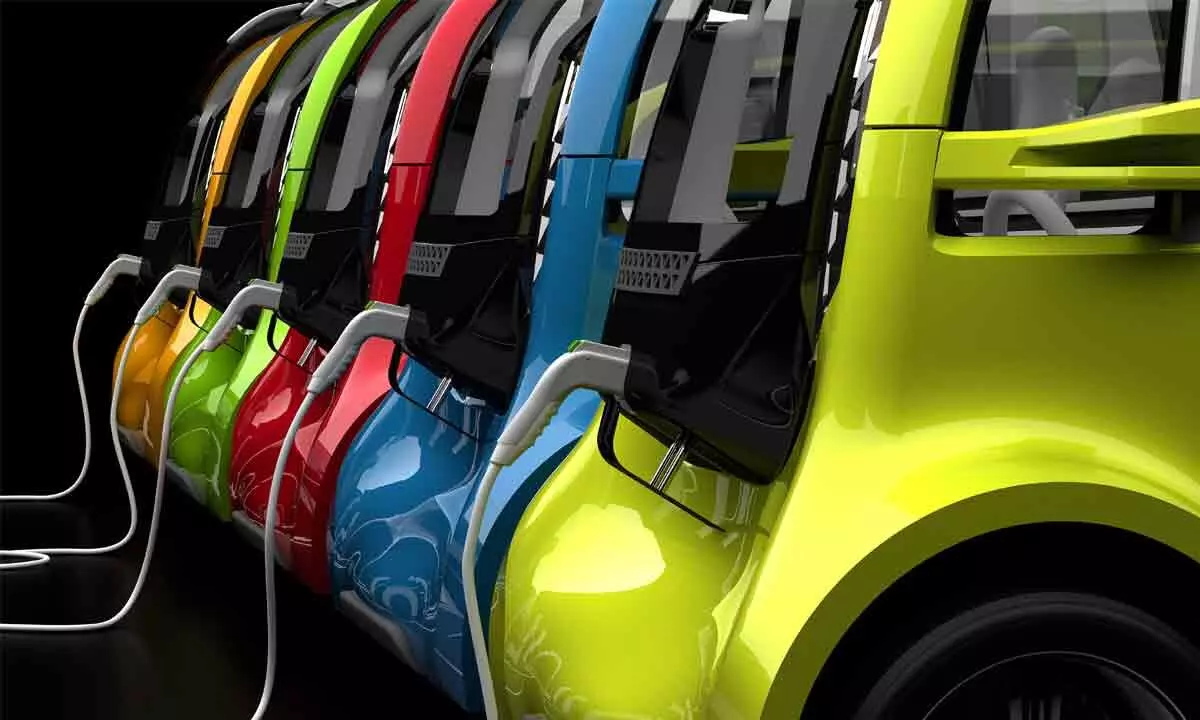EV Value Chain Offers Revenue Potential: Ernst & Young

Electric Vehicles
Auto industry of India is picking up the traction in the post-pandemic era, and with that the demand for Electric Vehicles has also gone up.
New Delhi, May 20: Auto industry of India is picking up the traction in the post-pandemic era, and with that the demand for Electric Vehicles has also gone up. Owing to factors such as supportive government policies, lower battery prices, increase in charging infrastructure, and supply chain localization have contributed to this increase in demand of EV.
In the latest report released by Ernst and Young, it mentions that for the EV industry to replicate the success of the Indian auto market sector, a value pool must be developed. The comprehensive report believes the domestic market is mature for indigenous production with the help of support policies developed by national, state, and local government entities.
On Friday, Ernst and Young released a report namely "Unlocking the Electric Mobility Value Pools Along The eMobility Value Chain" at the "EV Industry @ 2030: Future Roadmap" conference which was conducted by The Society of Manufacturers of Electric Vehicles (SMEV).
Som Kapoor, Partner, Future of Mobility & Autos Retail Leader, EY India, said "EV batteries are costly, but their value chain — use, reuse, recycle — offers revenue potential. Developing a used battery market presents a major opportunity for industry participants to create new assets, access valuable new revenue streams, secure supplies of raw materials, and drive EV use. It is a critical aspect of the future viability of EVs and will be a major competitive differentiator for those that drive the market as opposed to those that sit on the sideline."
The company has said that the said value pool for EV would comprise nine different individual ecosystems, all interlinked and performing towards a sustainable future of EVs in India. Ernst and Young believes that there is an opportunity to set up new business models where new players and the traditional automotive ecosystem can coexist together in an organized manner.
The report identifies that for the auto industry, particularly in the EV segment, there may be opportunities in the new streams of revenue such as in the battery manufacturing and recycling ecosystems, capabilities which currently do not exist in the country. It also adds that localisation will also offset the loss of manufacturing jobs from reduced manufacturing of traditional internal combustion engines (ICE) vehicles.








